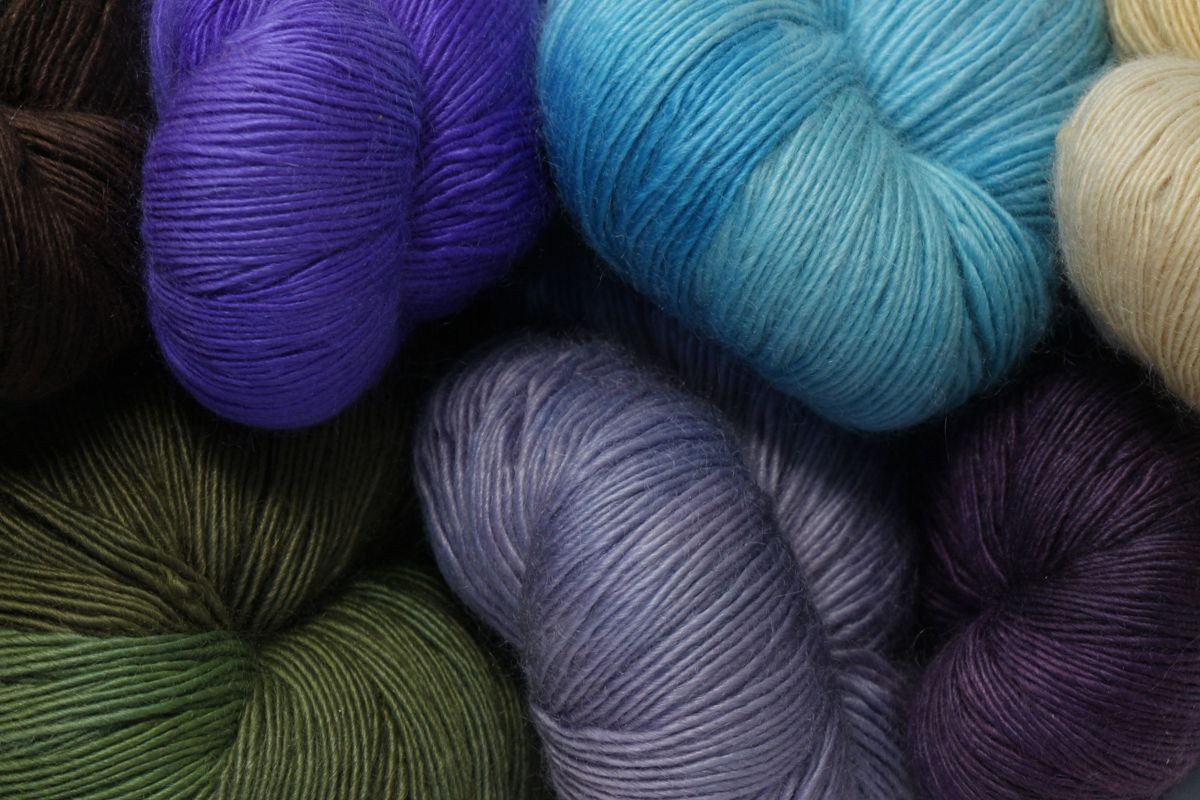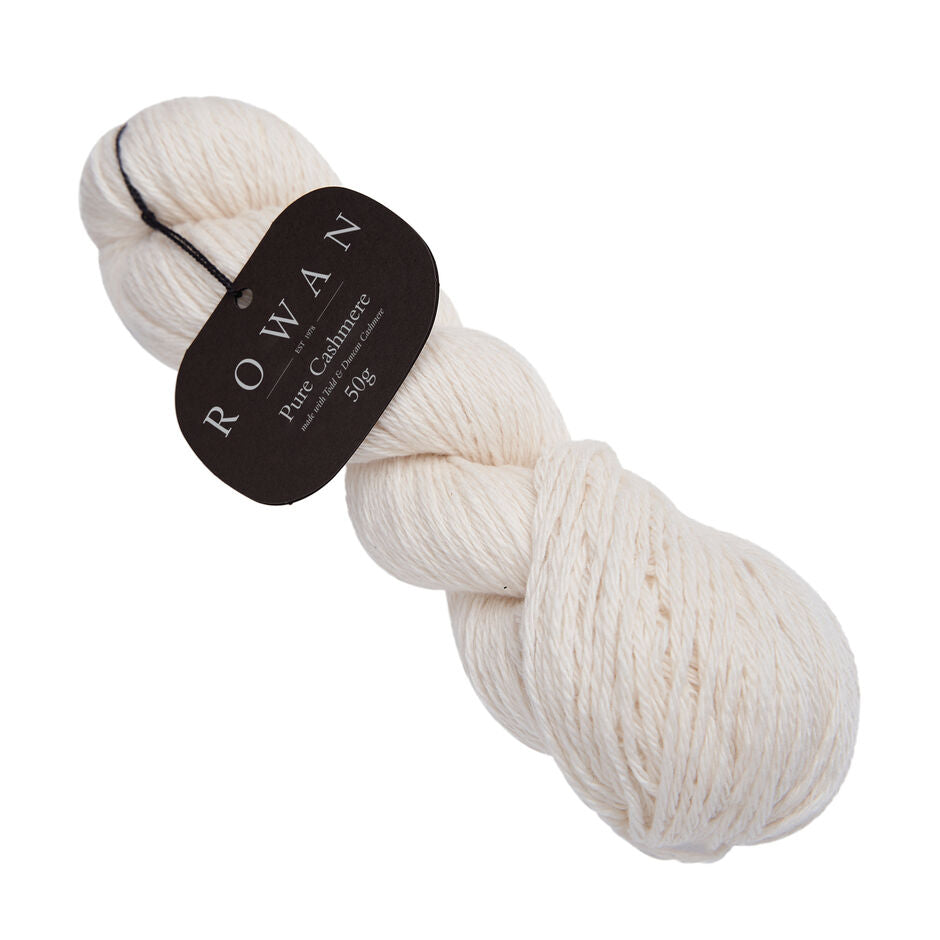Discovering What Material Is Cashmere and Its Role in Luxury Clothing
Discovering What Material Is Cashmere and Its Role in Luxury Clothing
Blog Article
Comprehending the Different Kinds of Cashmere a Natural Fiber and Their Unique Benefits

The Beginnings of Cashmere: A Historic Summary
While the elegant touch of cashmere remains to appeal contemporary consumers, its beginnings trace back to the severe, cool environments of Mongolia and the Mountain ranges. For centuries, the indigenous individuals of these areas have been increasing Capra Hircus goats, the prime resource of cashmere wool. These goats, durable versus the severe wintertimes, expanded a great undercoat to survive, which later ended up being referred to as cashmere. The name itself pays tribute to Kashmir, an area in India where the wool was initially refined. Much of the very early cashmere profession course was facilitated by the Silk Road, linking Asia with the Center East and Europe. Regardless of its international spread, the finest cashmere is still thought to stem from the initial areas of Mongolia and the Mountain Ranges.

The Production Refine: From Goat to Garment
Shearing a Capra Hircus goat notes the beginning of the intricate cashmere production process. The resultant raw cashmere is then cleaned to remove pollutants such as vegetable, grease, and dirt matter.
The clean fiber is subjected to dyeing, spinning, and weaving, or knitting, to transform it into a fabric. Complex procedures like quality assurance checks and finishing processes follow, guaranteeing the end product maintains the glamorous requirement expected of cashmere. This painstaking procedure, from goat to garment, warrants the high price affixed to cashmere items, making them a sign of high-end and refinement.
The Various Kinds of Cashmere: A Comprehensive Evaluation

The One-of-a-kind Advantages of Cashmere: Convenience and Sustainability
Relocating from the selection of cashmere types to the benefits they provide, comfort and sustainability stick out plainly. Cashmere, an all-natural fiber, is renowned for its unrivaled gentleness, supplying a degree of convenience that artificial fibers can not match. The product's agility, yet remarkable heat retention, makes it perfect for all seasons. Cashmere's all-natural flexibility enables it to return to its original shape, making it resistant to extending or reducing.
When it involves sustainability, More Info cashmere is sustainable and naturally degradable, as it's collected from cashmere goats who regrow their coats each year. what is cashmere. Unlike artificial fibers which can take centuries to break down, cashmere's effect on the atmosphere is very little. This mix of convenience and sustainability makes cashmere a useful choice for conscious customers

Caring for Your Cashmere: Upkeep and Preservation Tips
While cashmere is unquestionably a luxurious and sustainable option, it calls for details care to keep its high quality and prolong its life-span. To start, cashmere must be hand cleaned utilizing cool water and a light cleaning agent. Avoid twisting or wringing the garment as it can harm the fibers. Rather, delicately eject excess water and lay it level on a towel to completely dry. Cashmere products must be saved in a trendy and completely dry location, away from direct sunshine and moisture. Using moth repellents can safeguard these garments from prospective damage. It's a good idea to prevent hanging cashmere to avoid extending. Instead, layer and shop them correctly to preserve their form and quality gradually.
Buying Cashmere: Comprehending Its Worth and Well Worth
Although cashmere might initially appear like a pricey investment, its long-lasting value and worth come to be obvious when you consider its remarkable high qualities. Recognized for its exceptional soft qualities and warmth, cashmere is a premium natural fiber that outperforms other products. click for more Spending in cashmere, as a result, is not just concerning existing fashion fads, yet regarding embracing a lasting, long-lasting, and lavish way of living.
Verdict
In recap, the sort of cashmere one chooses, be it Mongolian, Chinese, or Italian, is dictated by private choices for heat, budget plan, sustainability, and high-end. The worth of cashmere extends past its price, with comfort and longevity contributing to its well worth. Correct treatment and maintenance can ensure its preservation. For that reason, understanding the origins, production process, and special benefits of various kinds of cashmere can guide customers in their investment in this elegant all-natural fiber.
Whether it's the phenomenal heat of Mongolian cashmere, the price of Chinese cashmere, or the eco-conscious manufacturing of Italian cashmere, there's a tale to be found behind each fiber kind. Cashmere, an all-natural fiber, is renowned for its unequaled soft qualities, offering a level of convenience that synthetic fibers can not match.When it comes to sustainability, cashmere is sustainable and biodegradable, as it's gathered from cashmere goats that regrow their coats yearly. Known for its exceptional soft qualities and warmth, cashmere is a premium natural fiber that outshines cashmere fibre other products. Understanding the origins, manufacturing process, and special advantages of various kinds of cashmere can guide customers in their investment in this lavish all-natural fiber.
Report this page